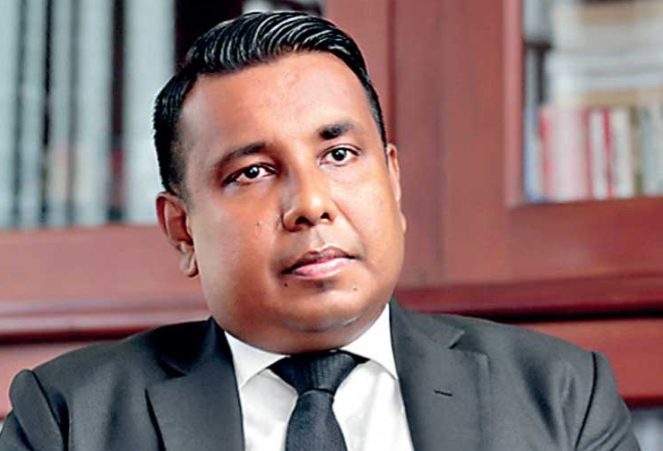Member of Parliament, Mr. Premnath C. Dolawatta, emphasised his intention to introduce a bill to establish a mandatory 25% representation of youth within local government bodies.
This significant proposal underscores the commitment to fostering generational inclusivity and engaging the perspectives of young citizens in the governing process.
This significant proposal underscores the commitment to fostering generational inclusivity and engaging the perspectives of young citizens in the governing process.
The parliamentarian highlighted that the objective of this initiative is to reinstate an opportunity that has historically existed in our nation but was regrettably lost over time. He
expressed confidence in garnering the backing of both parliamentary colleagues and the general public to realise this endeavour.
expressed confidence in garnering the backing of both parliamentary colleagues and the general public to realise this endeavour.
Member of Parliament Premnath C. Dolawatta shared these sentiments during a press conference convened at the Presidential Media Centre (PMC) today (18).
In addition, the parliamentarian emphasised that President Ranil Wickremesinghe’s agenda is centred around affording opportunities to the youth of our nation and facilitating their active involvement in the decision-making framework.
In addition, the parliamentarian emphasised that President Ranil Wickremesinghe’s agenda is centred around affording opportunities to the youth of our nation and facilitating their active involvement in the decision-making framework.
Dolawatta further elaborated on this perspective.
The discourse surrounding youth representation remains consistent, acknowledging the historical backdrop of youth-led uprisings in our nation, such as the events of 1971 and 1989.
Notably, it was subsequent to the 1989 unrest that a paradigm shift occurred, affording the
the youth of our country the prospect of engaging in politics and facilitating essential interventions to enable their participation.
The discourse surrounding youth representation remains consistent, acknowledging the historical backdrop of youth-led uprisings in our nation, such as the events of 1971 and 1989.
Notably, it was subsequent to the 1989 unrest that a paradigm shift occurred, affording the
the youth of our country the prospect of engaging in politics and facilitating essential interventions to enable their participation.





